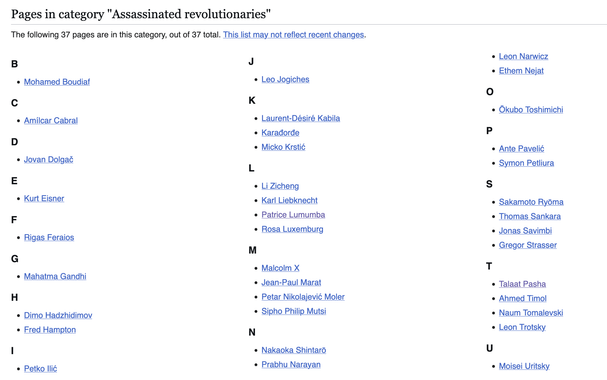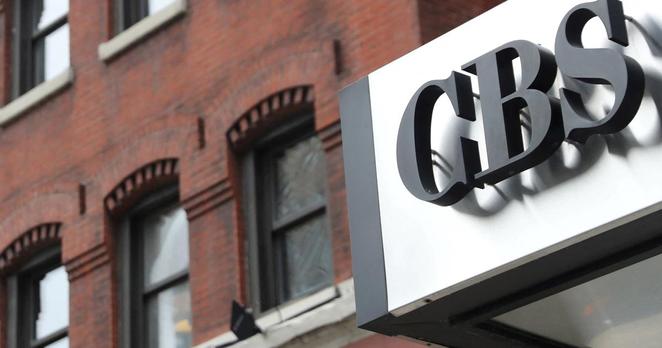2025-12-22 00:12:36
What We’ve Learned Covering NATO’s Eastern Flank for Nine Months: https://benborges.xyz/2025/12/21/what-weve-learned-covering-natos.html
2025-11-27 13:19:03
In my opinion,
I think there are more happy linux users than windows users in the world.
Most if not all windows users just "tolerate it" but that's far from appreciating it. It's a burden that they learned how to handle.
And this is the biggest reasons for linux to be slowly and steadily growing in market share. The only obstacle is people resisting to change, which with age I've accepted as a respectable feeling.
2025-12-26 16:55:36
I learned freedom riding the Midlands cuts by bike. I still explore cities by bike, on foot, and by car, always chasing that same feeling of discovery just around the corner.
#midlands #blackcountry #england
2025-12-13 14:26:33
#TIL I learned that anyone can register a #MediaType for a format they didn't create *and* get it registered with their name in the media type.
#MIME
2025-11-18 15:45:19
#TuneTuesday (Nov 18)
“Problems” is the first song I heard from the American band Arizona and I took an instant liking to it. And for a song about mental health, it surprisingly sounds cheerful and upbeat. But I guess a bit of positivity can sometimes help when you’re feeling down. 🤗
P.S. I subsequently learned that keyboardist David Labuguen is Filipino-American and I thought that w…
2025-12-11 20:07:28
Give me your suggestions for "assassinated revolutionaries" missing from this #Wikipedia category.
#crowdsourcing
2026-01-13 01:00:25
Many of us learned to survive by staying slightly absent from our own lives.
Not apathy. Not burnout. Something quieter.
A low-grade separation that let us function when feeling everything became too much.
It protected us. But survival is not the same as being alive.
What does it look like to come back?
…
2025-10-31 21:26:10
Sources: after earlier suing CBS over 60 Minutes, Trump is set to be interviewed for the show by Norah O'Donnell, following David Ellison's Paramount purchase (Max Tani/Semafor)
https://www.semafor.com/article/10/31/2025/trump-to…
2025-12-11 00:53:24
Jalen Hurts Press Conference: December 10, 2025 https://www.philadelphiaeagles.com/video/jalen-hurts-press-conference-december-10-2025


